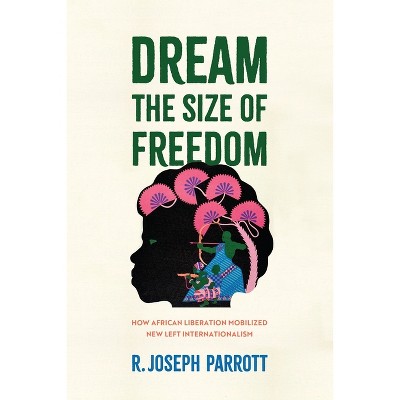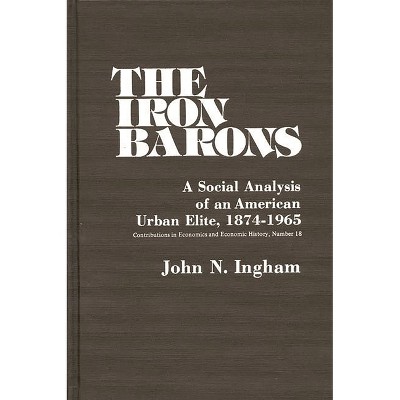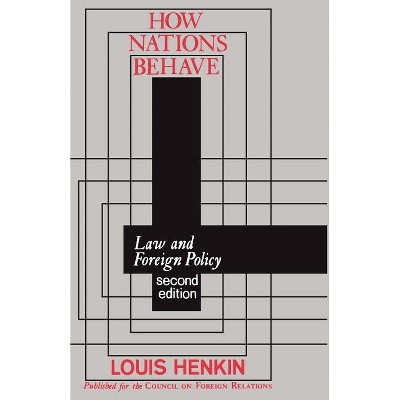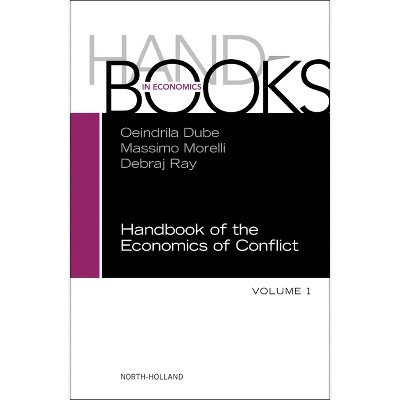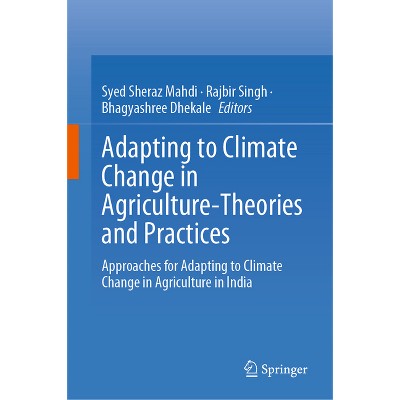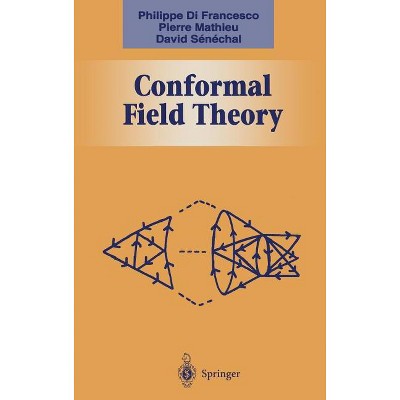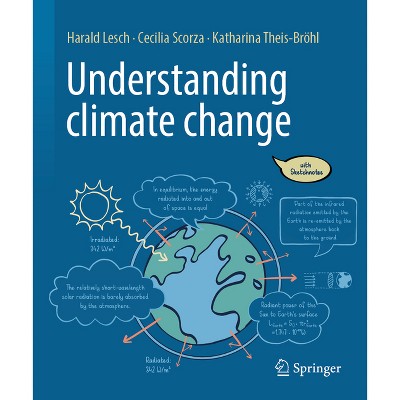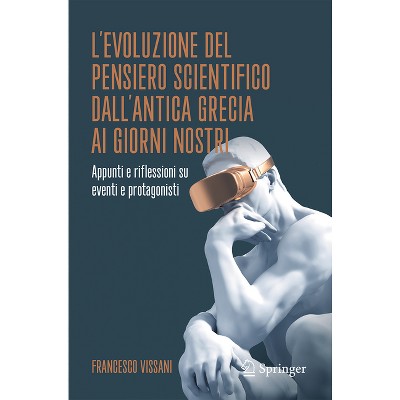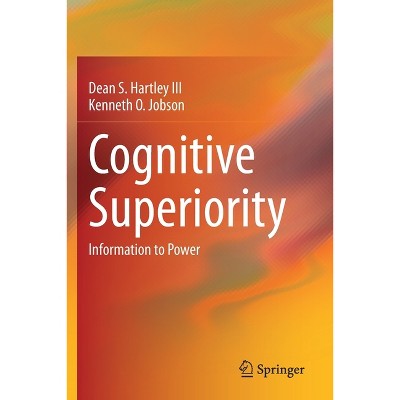Sponsored

Conflict, Climate and Inequalities - (China and Globalization) by Francesco Sylos Labini & Matteo Caravani (Hardcover)
In Stock
Sponsored
About this item
Highlights
- About the Author: Francesco Sylos Labini is a physicist and a Research Director at the Enrico Fermi Research Center (CREF) in Rome, Italy.
- 176 Pages
- Political Science, Security (National & International)
- Series Name: China and Globalization
Description
From the Back Cover
This book argues that the growing and seemingly unstoppable centralization of capital undermines national democracies, fuels wars, destroys the environment, and, tragically, exacerbates global hunger. In an era of overwhelming confusion, this book seeks to bring clarity by relying on empirical data and the insights of intellectuals from diverse and pluralistic schools of thought. These thinkers, often overlooked by the mainstream, remain unaligned with specific interest groups and offer critical, honest, and deeply human perspectives on the world. The book's central goal is to place the theme of peace at the forefront of public debate, demonstrating that movements for environmental and social justice are fundamentally part of the same struggle for human survival.
This book situates current events within their historical context and a broader historical continuum. It acknowledges that today's unfolding polycrisis is deeply rooted in global politics over the past half-century, with origins that trace back to early industrialization and colonization--key processes that established the West as a global hegemon. By offering this historical perspective, the book directly challenges dominant public narratives, which often frame contemporary crises as isolated, immediate events disconnected from their historical roots.
About the Author
Francesco Sylos Labini is a physicist and a Research Director at the Enrico Fermi Research Center (CREF) in Rome, Italy. His research focuses on the statistical physics of complex astrophysical and cosmological systems, self-gravitating systems, and galactic kinematics and dynamics.
He earned his degree in Physics in Rome before obtaining his PhD at the University of Bologna. Over the years, he has held various research positions at institutions in Italy and abroad, including the Laboratoire de Physique Théorique at Université Paris XI, Orsay, France, and the Department of Theoretical Physics at the University of Geneva, Switzerland. At CREF, he has served as Director of the Museum The Legacy of Enrico Fermi and as the General Director of the research center.
Dr. Sylos Labini has authored over 100 publications in peer-reviewed journals. His research findings have been published in leading international journals and have been featured in Nature, New Scientist, and Scientific American, among others. He has also written several books, including Statistical Physics for Cosmic Structures (Springer, 2005, with co-authors) and Science and the Economic Crisis: Impact and Lessons (Springer, 2016).
Beyond his scientific research, he is actively engaged in science policy. He is one of the founders of Return on Academic Research and School (Roars), one of Italy's most prominent forums for discussions on research and higher education policy. He regularly contributes editorials to various Italian newspapers and has published numerous articles on science communication and policy. In addition to his academic works, he has authored several books examining the challenges facing higher education and academic research in Italy and beyond.
Matteo Caravani is a Postdoctoral Fellow at the Feinstein International Center, Tufts University, where he is part of a research team conducting a three-year project on early warning systems and humanitarian responses in pastoral areas across the Sudano-Sahel and Greater Horn of Africa.
He holds a degree in Economic Development and International Cooperation from Rome and earned his PhD from the Institute of Development Studies (IDS) at Sussex University. Over the past fifteen years, his research and expertise have developed through his work as a researcher and international policy advisor for the United Nations in East Africa.
His research focuses on the intersection of social protection, humanitarian assistance, and disaster response, with a particular emphasis on how development policies and interventions impact marginalized populations. He regularly publishes in development studies and critical agrarian studies journals.
Shipping details
Return details
Frequently bought together
Trending Non-Fiction






